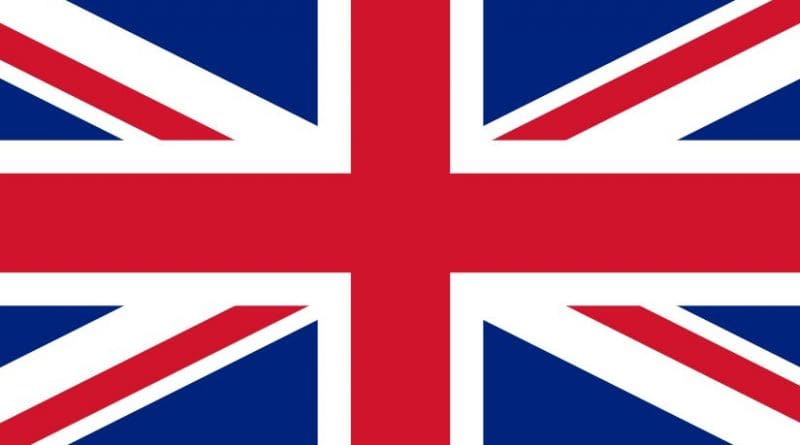Fear And Loathing Of Human Rights Act: Are Only The Media To Blame? – OpEd
By Sajid Rizvi
British media, especially “the popular press” has played a major role in demonising the Human Rights Act, LSE Emeritus Professor Michale Zander said in an article for New Law Journal and cited by the Press Gazette.
The Human Rights law has been attacked in Britain because it is allegedly abused by lawyers on behalf of people caught up in various instances of litigation related to the globally discredited ‘War on Terror’ since 9/11, as well as cases related to immigration, etc [see list below]. But Zander cites examples where the attacks on the Act are based on false examples of its abuse, thus purporting to show the law in a very bad light.
The Press Gazette article, quoting Zander, said “Over and over again the popular press had ‘peddled false stories, gleefully and irresponsibly then taken up by politicians.'” Michael Zander is Emeritus Professor at the London School of Economics.
Zander cites “Catgate” in which Home Secretary Theresa May told a 2011 Conservative Party conference about an illegal immigrant who could not be deported because he had a pet cat.
He points out that while the first immigration judge in the man’s decision had mentioned the joint purchase of the cat as one of the many indications the immigrant had an established relationship with his partner, it was not the reason for the judge’s decision and was not even mentioned in the judgment on appeal, Zander wrote.
The then justice secretary, Ken Clarke, criticised May for using “a complete nonsense example”, and the Judicial Communications Office put out a statement in 2009 explaining the true reason for the decision.
But, writes Zander, “in June 2011 The Sun, The Sunday Telegraph and the Daily Mail all carried the story, qualified to the extent that avoidance of deportation was said to have been only ‘partly because of the cat – which was still not correct.”
According to Zander, “Careless or wilful misrepresentation in human rights stories is common – and refutations or the rare apology or correction has far less impact.”
In the article cited by the Press Gazette, Zander also gives other examples where media or politicians or both attributed abuses of the Act, which were false.
Although the term “popular media” in the Press Gazette article implies tabloids, including The Sun and Daily Mail, the mention of Sunday Telegraph, a mainstream broadsheet, in the same category indicates the problem of attacks on Human Rights Act transcends the tabloids. That also raises questions as to whether only the media — and not the politicians — can be held to account for attacks on the HRA.
The Human Rights Act 1998 came into force in Britain in October 2000. The Equality and Human Rights Commission reminds us it is composed of a series of sections that have the effect of codifying the protections in the European Convention on Human Rights into UK law.
All public bodies (such as courts, police, local governments, hospitals, publicly funded schools, and others) and other bodies carrying out public functions have to comply with the Convention rights.
This means, among other things, that individuals can take human rights cases in domestic courts; they no longer have to go to Strasbourg to argue their case in the European Court of Human Rights.
The Act sets out the fundamental rights and freedoms that individuals in the UK have access to. They include:
- Right to life
- Freedom from torture and inhuman or degrading treatment
- Right to liberty and security
- Freedom from slavery and forced labour
- Right to a fair trial
- No punishment without law
- Respect for private and family life, home and correspondence
Freedom of thought, belief and religion - Freedom of expression
- Freedom of assembly and association
- Right to marry and start a family
- Protection from discrimination in respect of these rights and freedoms
- Right to peaceful enjoyment of your property
- Right to education
- Right to participate in free elections
In view of the very comprehensive, albeit ambitious, list above of various protective shields offered by the HRA, one would expect most people on the right side of the argument for defending the Act to be louder, much louder. But will they rise to the challenge? The outlook isn’t at all clear. After all, it is the same Westminster, with minor cosmetic alterations, that looked on as Tony Blair dragged Britain under George Bush into Iraq.
This article originally appeared in The Middle East in Europe TheMiddleEastinEurope.net.

